The book begins by describing, almost as a report, the enormous national tribute that the poet and pedagogue received, on March 7, 1895, in Lisbon, on the occasion of his 65th birthday. It was the greatest honor any poet had ever received in his lifetime, at least in Portugal.
The book is called «João de Deus – Vida» and is the result of more than «four years of work» by professor, writer, newspaper columnist and also poet José Alberto Quaresma. It was released 129 years and one day after this tribute, on March 8th of this year, in São Bartolomeu de Messines, João de Deus' birthplace.
José António Gomes, writer, researcher and higher education professor, invited to present the biographical work, highlighted that reading this book of more than 600 pages «is pleasurable, even fun», full of «delightful little episodes, full of grace» , all characteristics of José Alberto Quaresma’s writing. He even highlighted the use of a very common verb in Algarve speech but not so common in the rest of the country: «assomar», «a verb very much preferred by the biographer, who uses it from beginning to end».
But that doesn't mean that, highlighted José António Gomes, the biography of João de Deus written by Quaresma ceases to be a «narrative rigorously supported by contemporary documents», handwritten and printed.
«How did this boy of medium height, with a long, unkempt beard capture me, making me his servant?», asked the author of the biography, when it was his turn to speak.
José Alberto Quaresma confessed that, after his work on Manuel Teixeira Gomes, in which he invested ten years of work, «he had not planned on doing any more biography. But João de Deus turned me around».
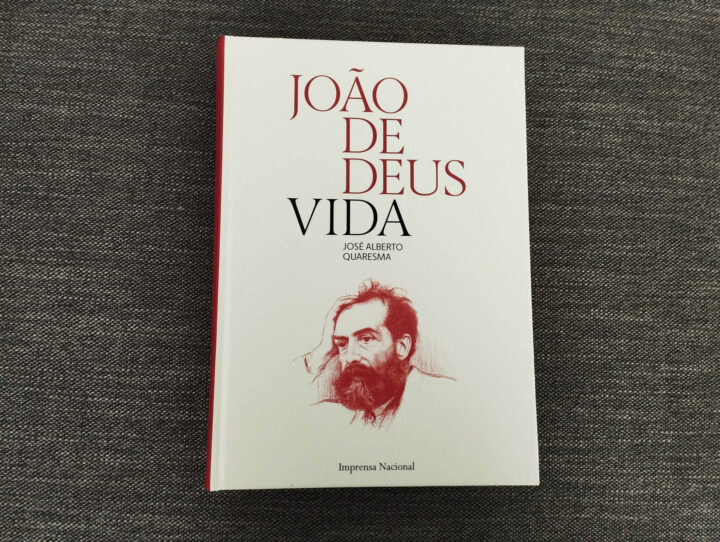
The thing is, Quaresma added, the poet, prose writer and pedagogue born in Messines in 1830 had already “been harassing me for more than 40 years (…). I entered João de Deus by putting some of his poems to music ».
Faced with this «unique personality», this «extraordinary human being», «just like Teixeira Gomes, I wanted to walk with João de Deus further» and thus write a biography that spoke about all aspects of his life.
«Not only the poet, the pedagogue, but also the person, the man, with his dualities, with his greatness».
Ao Sul Informação, José Alberto Quaresma explained that he spent “more than four years researching and writing the manuscript that is now published in a book, with more than 600 pages. It is very different from Manuel Teixeira Gomes – Biography, in form and content. It brings a lot of unknown, unpublished information, seeking to illuminate the most obscure paths of the life and work of one of the most fascinating personalities born in the Algarve».
«Although it is an essay, with all the scientific rigor that I tried to achieve, it is written as an uncomplicated narrative, with many voices, interspersed with many of his poems and prose, some of which are also unpublished», added the biographer.
At the presentation of the book in Messines, Quaresma recalled that, since João de Deus went to Lisbon in 1868, to be a deputy somewhat unwillingly, “he never came back here again”, to São Bartolomeu de Messines.
He remained in Lisbon until the end of his life. «He never had the world that Teixeira Gomes had, but he had the world that the window of his house allowed him to peek at».
«Sacrificing the poet, sacrificing the prose writer», João de Deus's great fight was against a cancer that was then raging in Portuguese society, «dedicating himself with his soul and heart to bringing to light the misery of illiteracy, which was glaring» , reaching, in the 90th century, a rate that was “around XNUMX%”.
That was why João de Deus created the «Maternal Booklet», through which even today there are those who learn to read and write Portuguese and which, at the time, came to shake up the illiterate and ignorant Portugal that some insisted on wanting to immortalize.
Despite his triumph in education, José Alberto Quaresma says that João de Deus was an “educator who was more careful with his children than with his disciples”.
João de Deus, «venerable deceased, inert in the National Pantheon since 1966» is revealed, sometimes through unknown episodes and facts, with fluid and interesting writing, throughout the 614 pages of this book, published by Imprensa Nacional, and which weighs, according to the author, “one kilo and three hundred grams”. O Sul Informação weighed the book and confirmed.
Meanwhile, still about the Algarve poet and pedagogue, there is in press, also with the seal of the National Press and with José Alberto Quaresma as author, «a small but essential book» called «João de Deus no Panteão Nacional».
The book «João de Deus – Vida», published by Imprensa Nacional, can be purchased at FNACAt Bertrand ou na Wook.
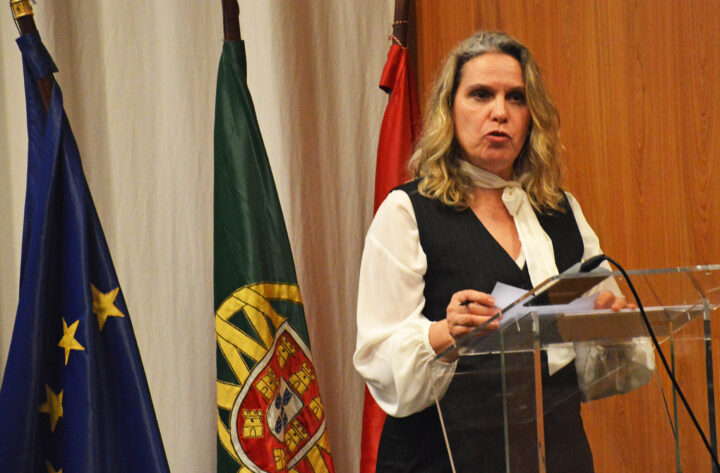
The biography «John of God – Life», published by Imprensa Nacional, as well as «João de Deus no Panteão Nacional», an edition by Imprensa Nacional and Panteão Nacional, are books co-edited by the Municipal Council of Silves.
In fact, as highlighted by Rosa Palma, president of the municipality, at the launch of the first of these works, José Alberto Quaresma's work resulted from «a challenge launched by the Municipality of Silves». The presentation of the book was, in fact, part of the João Municipal Day program. of God, on March 8th, the date of the birth of the poet and pedagogue. It began with the laying of flowers next to the sculpture of João de Deus, on the avenue named after him, in São Bartolomeu de Messines.
It continued with the awarding of the João de Deus National Literary Prize and culminated with the launch of the biographical work, in the Caixa Agrícola Terras do Arade auditorium.
Photos: Elisabete Rodrigues | Sul Informação
José Alberto Lent was born in Portimão. He graduated in History from the Faculty of Arts of the University of Lisbon (1979).
As a columnist, he has collaborated across several periodicals, namely O Independente, Público, Expresso, Correio da Manhã, Domingo Magazine, and others in the regional press, Barlavento, O Meridional, Terra Ruiva. He was awarded the Revelation Prize for Poetry from the Portuguese Association of Writers (1989), for the book The Ecstatic Pose, (Confrontation). Published echolalia, poetry (Vega) and, in the same publisher, Right to Error – The Battle of Education in Portugal. He was the author of «Falta de Castigo – the blog about education and the lack of it», in Expresso, between 2008 and 2014.
Coordinated the Celebrations of the 122nd Anniversary of the Birth of Manuel Teixeira Gomes (1982-1983). He was the Commissioner for the National Celebrations of the 150th Birthday of Manuel Teixeira Gomes (2010).
He is the author of Manuel Teixeira Gomes – Biography (National Press – Casa da Moeda / Museum of the Presidency of the Republic, 634 pg), 1st Edition, 2016; 2nd edition, 2019). He is the coordinator, together with Nuno Júdice, of the Complete Works of Manuel Teixeira Gomes, in five volumes, for Imprensa Nacional, from which the first three volumes were published. Vol. IV is in preparation, bringing together other books, scattered and unpublished publications by Teixeira Gomes.
He also signs, together with Nuno Júdice, Fernando Rosas, Nuno Severiano Teixeira, Helena Carvalhão Buescu, Luís Filipe Castro Mendes, Laurinda Paz and Fernando António Baptista Pereira, the book Return to Teixeira Gomes – Studies, edition in preparation at Imprensa Nacional.
He is a member of the Culture Observatory of SEDES – Association for Economic and Social Development, founded in 1970.
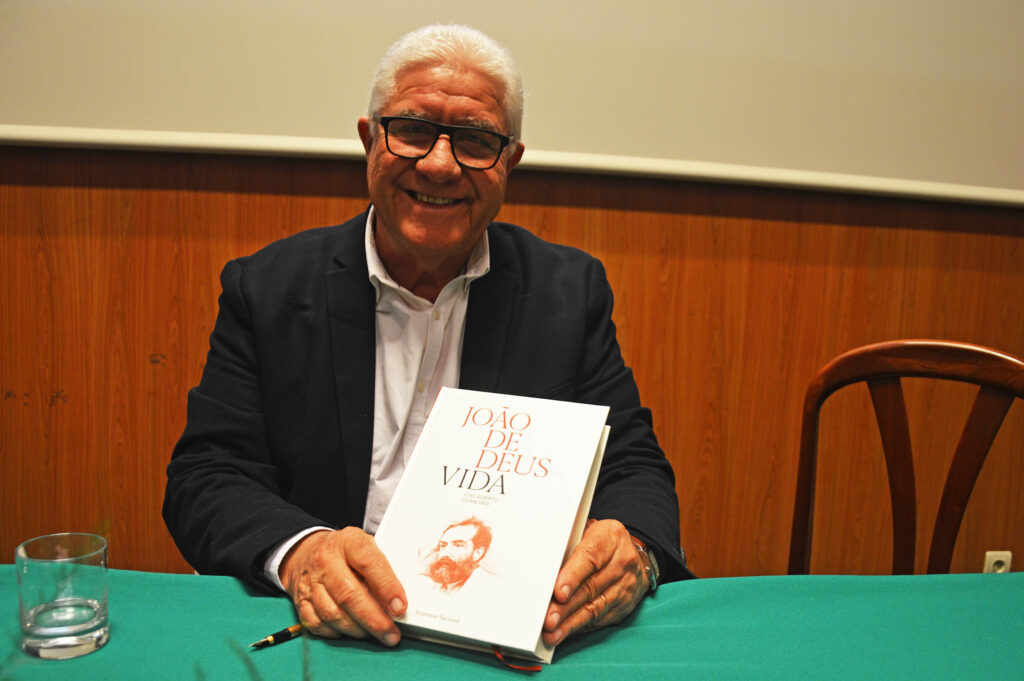
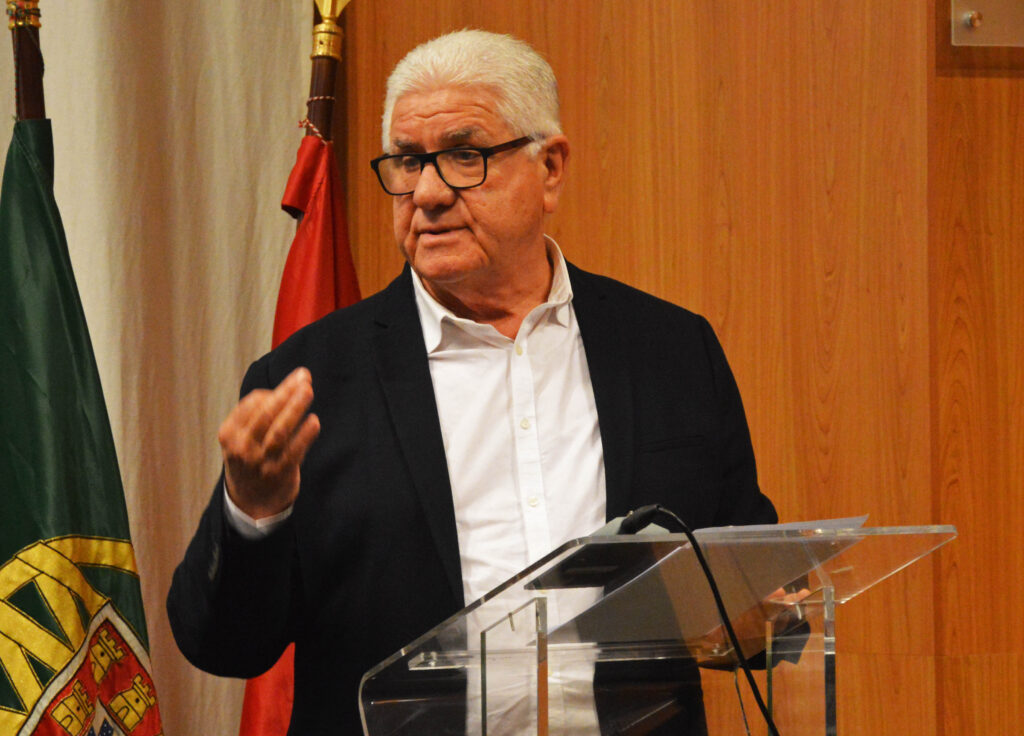
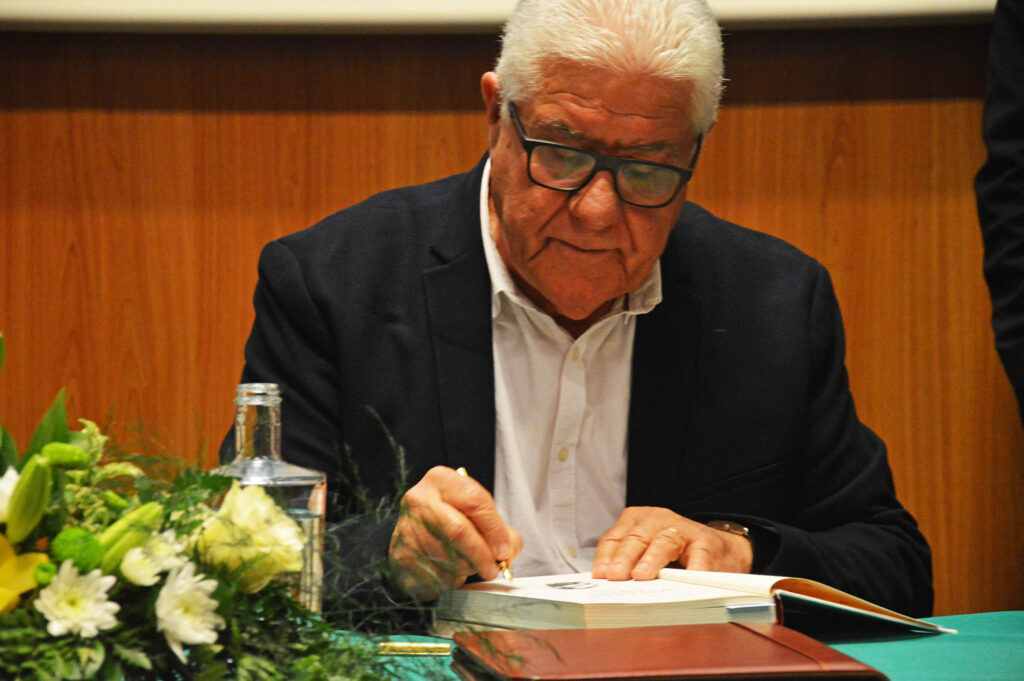
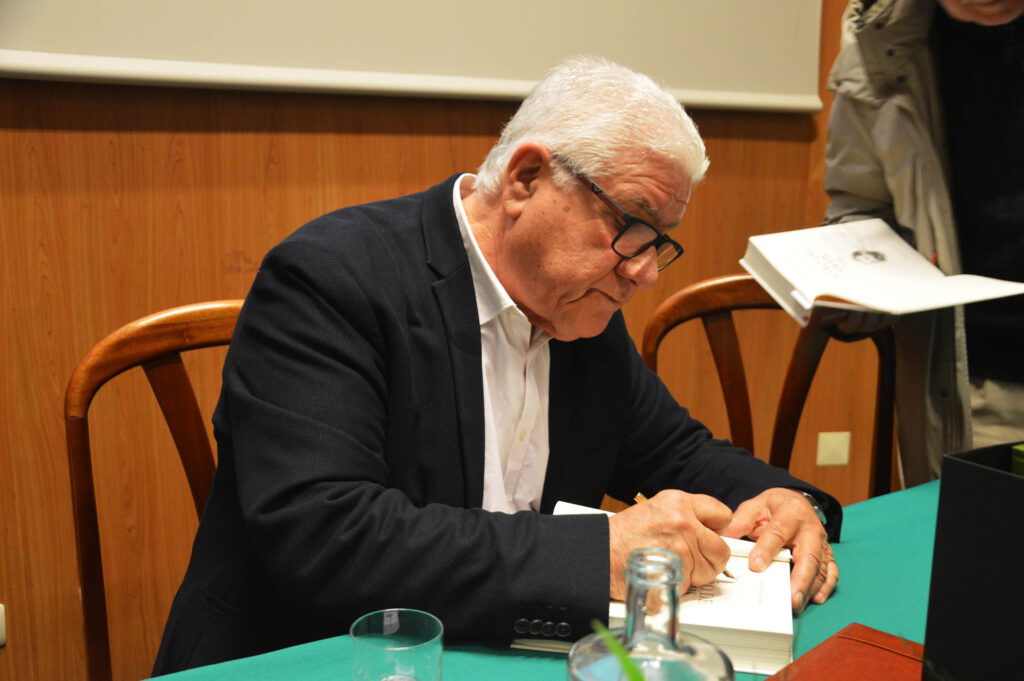
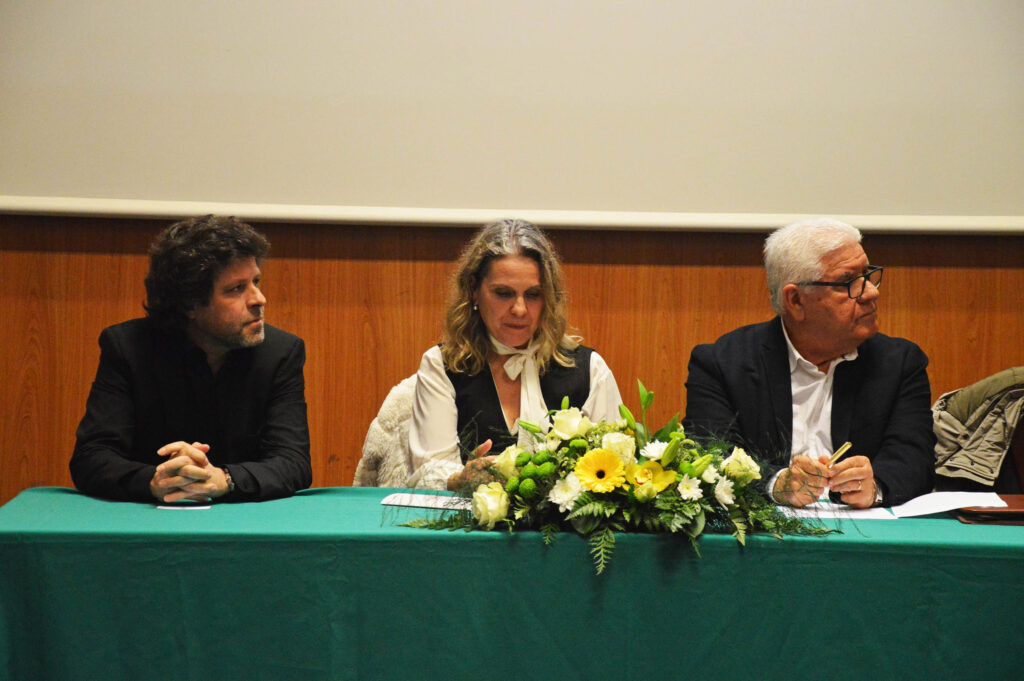
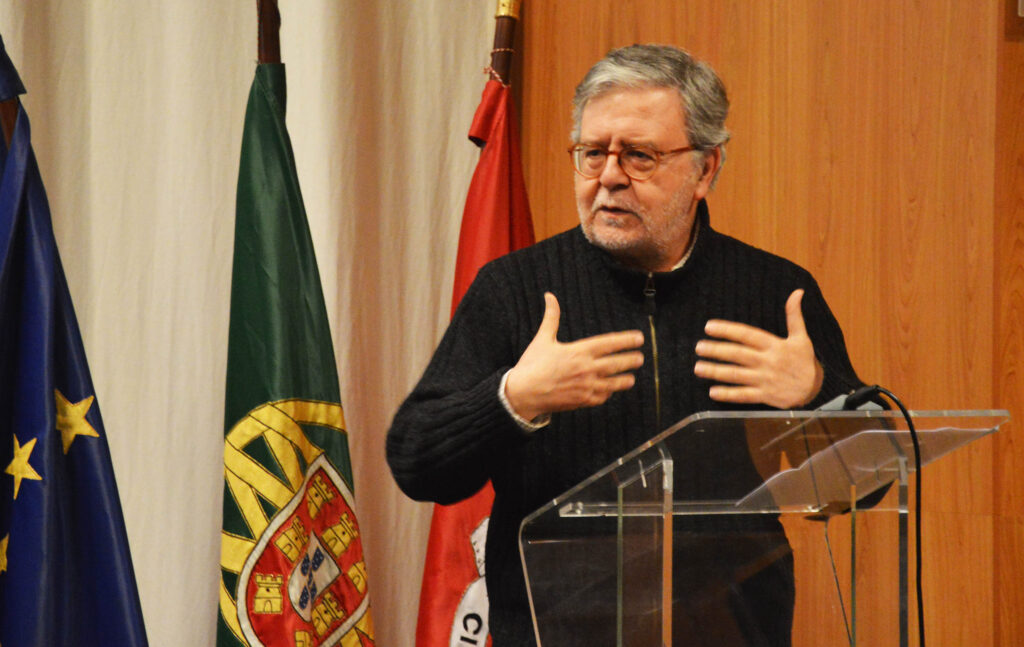
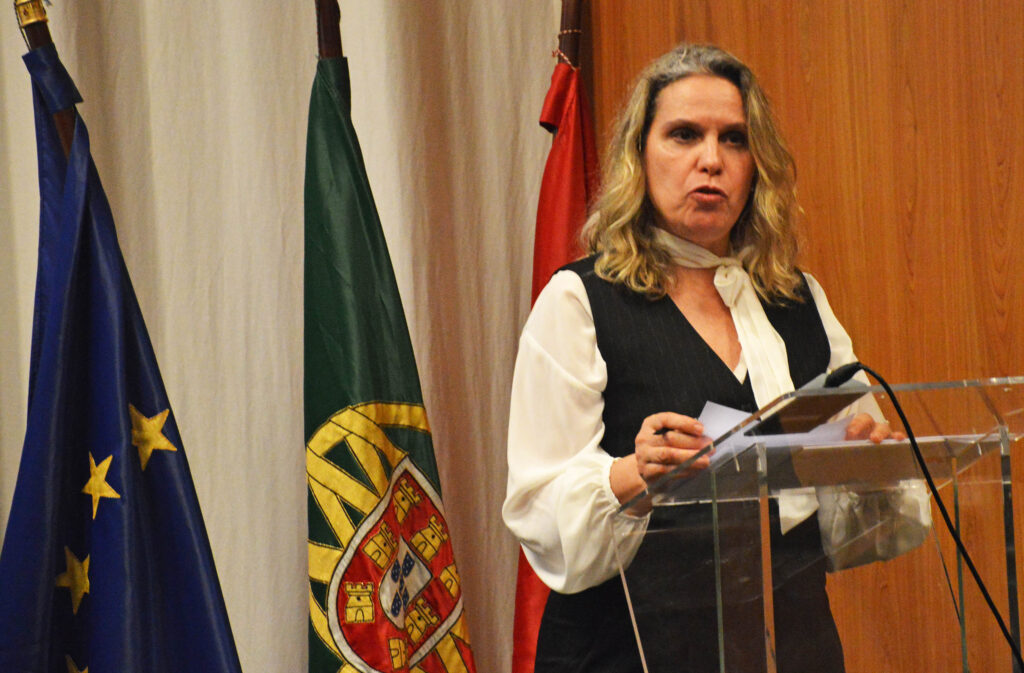
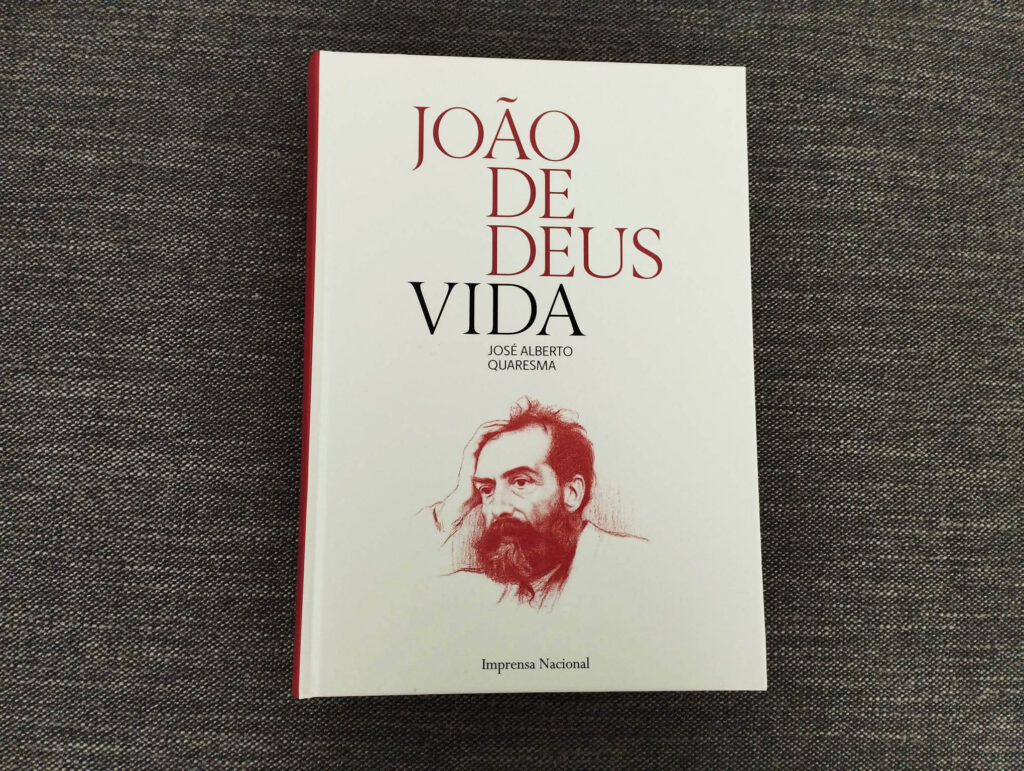


















Comments